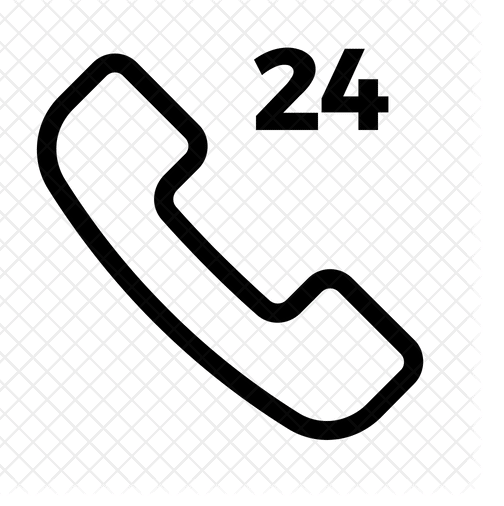
4 Ways to Cope with Grief
Loss is something we all experience in life, whether through family, friends or partners. At some point we all must say goodbye to someone we cherish. When grief hits us, it can strike in unpredictable ways that are hard to navigate.
The writer Anne Roiphe said, “Grief is in two parts. The first is loss. The second is the remaking of life.” This can seem so true when going through grief, as we try to deal with it while continuing to live our daily lives. So, how can we cope with the painful absence of a loved one? Here are four ways to manage grief.
Find Support: Ask for Help
In grief we can often want to appear “fine,” but an important part of healing is the support of others. Seek out those who have also experienced loss, can understand your story and can help guide you in your process. This could include finding support from your friends, family or a grief therapist.
A community support group can also be an encouraging place to help cope with your loss. Grief support groups and faith-based groups can provide resources in a sharing and accepting atmosphere. Because of their role in the community, these groups may also have in-depth experience in helping people with loss. Find a local support group here. We have a bereavement counselor who can get you in touch with the right group for your particular needs and loss.
Take Care of Yourself
It can be hard to manage self-care when your grieving, but in addition to finding support through others, it’s equally important to take care of yourself. Your loss can sap your appetite and energy.
Give yourself permission to grieve and feel all the complex feelings that a loss can bring such as anger, loneliness, sadness, regret and even fear. C.S. Lewis was on to something when he said, “No one ever told me that grief felt so like fear.” Once we acknowledge this, we can begin to accept it.
Avoiding grief can often lead to anxiety, depression, health issues and alcohol or drug abuse, so it’s critical to care for yourself physically during this time. Get enough sleep, eat a healthy diet, exercise or just get out in the sun for a walk. Taking actions toward healing can be both good for your mental and physical health.
Express your feelings in constructive ways
Expressing yourself can often help release pent-up feelings. Journaling about your loss or writing a note to the person you’ve lost telling them how you feel can provide a sense of peace.
Other ways of expression can include creating a photo album or online memorial in celebration of that person’s life.
If you lean toward artistic abilities, try sketching or painting. Visiting a special place connected to your loved one can be inspiration for creating art that expresses your loss in meaningful ways. You could also audio-record your memories in this place as you walk through it, tracing your footsteps you once placed together.
Create New Rituals
Creating rituals that involve the person you’ve lost is another way to help work through your grief in a safe and positive way. Rituals can often provide us with a sense of peace, purpose and connect us to something larger than ourselves.
A ritual can be a personal daily or weekly event, or an annual event that involves others.
Examples of rituals can be:
- Lighting a candle each night and saying a few words to your loved one about your day
- Planting a favorite tree or flowers to honor the person who has passed
- Creating a piece of art in that person’s memory
- Making a favorite meal of your loved one and sharing it with others
- Watching that person’s favorite movie or listening to their favorite music
- Visiting your loved one’s burial site
Grief is a painful and difficult part of life that we all must go through, but there are things you can do to help grief along its way to find healing. While discovering ways to cope is important, it’s also important to allow yourself to grieve for as long as you need to in your own way. We all have the right to our own grieving process that can help us move on in peace. If you’re seeking ways to manage a difficult loss, visit our resource page of local support groups to find the right help for you, or call the depression hotline number if you’re seeking help for yourself or a loved one.





